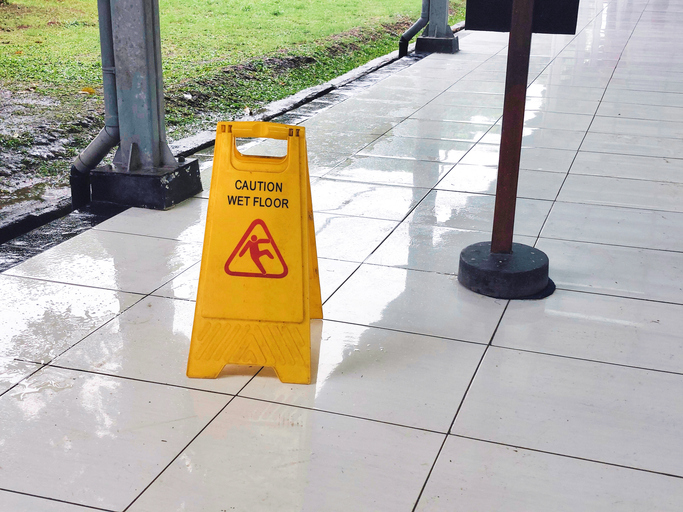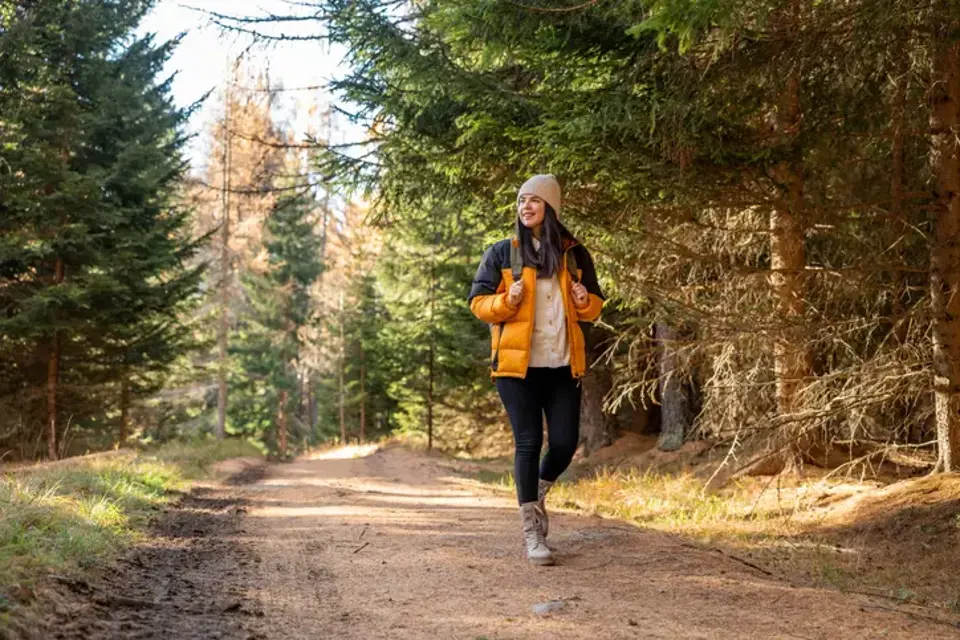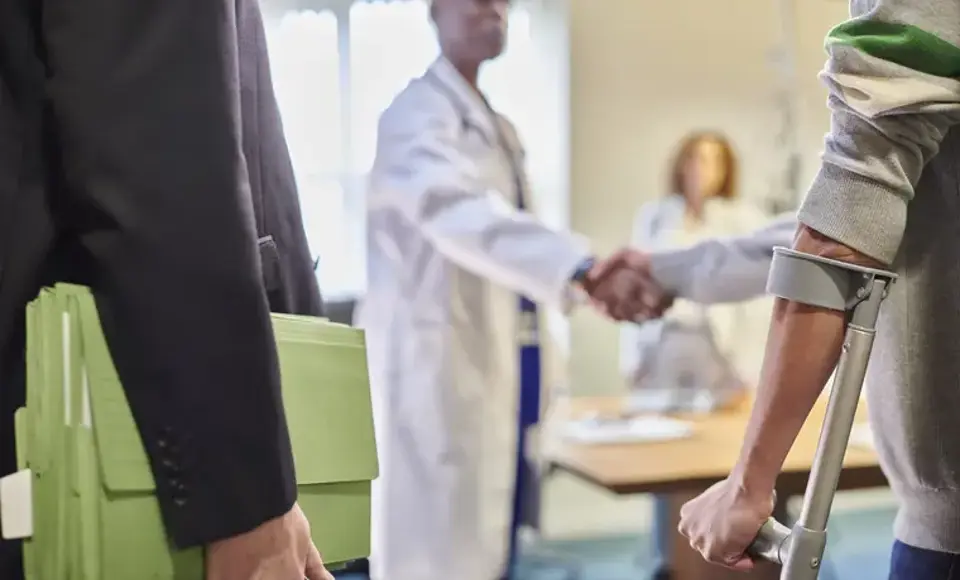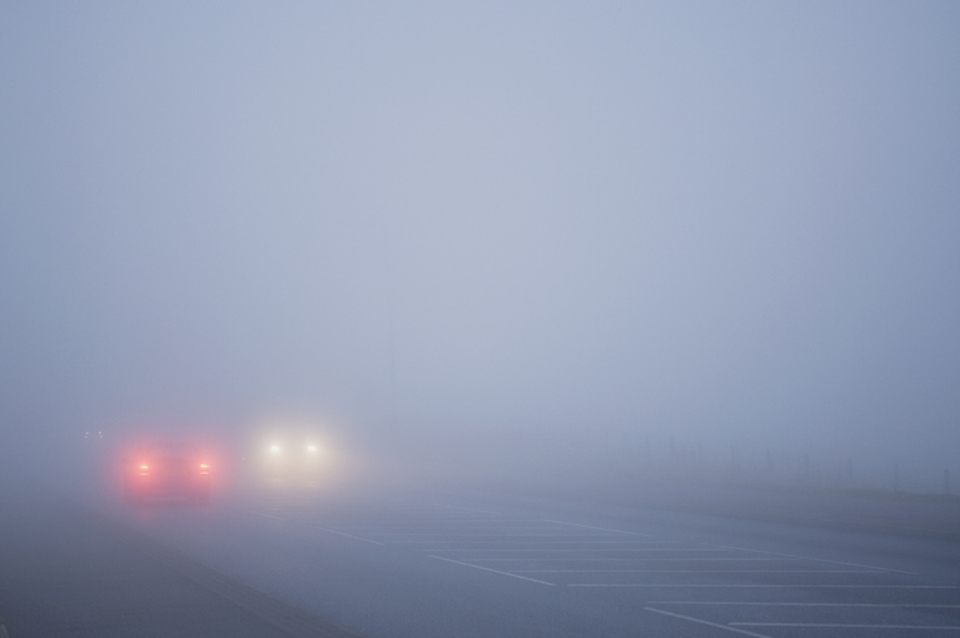A slip, trip, or fall might seem like a minor accident, but the consequences can be severe. From broken bones to head injuries, these incidents can disrupt your life and lead to mounting medical bills. If you've been injured in such an accident, it’s essential to understand who may be at fault and what steps you can take to protect your rights. Unsafe property conditions often play a key role in these accidents, making it crucial to determine liability and seek legal assistance if necessary.
Common Causes of Slip, Trip, and Fall Accidents
Slip and fall accidents can happen anywhere, but unsafe property conditions are often the primary culprits. Some of the most common causes include:
1. Wet or Slippery Floors
Spills, recently mopped floors, or icy, poorly marked surfaces can lead to slips.
2. Uneven Surfaces
Cracked pavement, loose tiles, or unmaintained walkways can cause trips and falls.
3. Poor Lighting
Insufficient lighting makes it difficult to see potential hazards, increasing the risk of accidents.
4. Cluttered Walkways
Items left in walkways or unmarked obstacles can cause someone to trip.
5. Unsafe Stairs
Broken handrails, uneven steps, or slick surfaces on stairs are all dangerous conditions.
6. Improper Maintenance
Failing to repair hazards like potholes, torn carpeting, or broken fixtures often results in accidents.
Determining Liability for Unsafe Property Accidents
One of the most important questions after a slip, trip, or fall accident is: Who is responsible? In legal terms, this falls under premises liability. Property owners and managers have a duty to maintain safe conditions to prevent harm to visitors. They can be held liable for accidents if they fail to do so.
Factors in Determining Liability
The Duty of Care
Property owners have a duty to maintain their premises in a reasonably safe condition. Invitees, such as customers in a store, are owed the highest level of care, whereas trespassers are generally offered little protection under the law.
Negligence of the Property Owner
You must prove that the property owner was negligent by not addressing an unsafe condition they knew—or should have known—existed. For example, if a store manager ignored a wet floor for hours, they might be held accountable.
The Victim’s Own Actions
Liability can be affected if the victim was engaging in careless behavior, such as texting while walking or ignoring a visible hazard. This is often referred to as “comparative negligence,” where responsibility is shared between the parties.
Reasonable Time to Address the Hazard
Property owners are not instantly liable for every hazard. They must be given a reasonable amount of time to identify and fix problems. For example, holding an owner liable for a spill that occurred moments before the accident is harder.
Legal Rights of Slip and Fall Victims
If you’ve been injured on someone else’s property due to unsafe conditions, you have legal rights that allow you to pursue compensation for your losses. Here are the main rights you should be aware of:
Right to Compensation
Victims can seek compensation for medical bills, lost wages, pain and suffering, and other damages resulting from the accident.
Right to Evidence Access
You are entitled to collect evidence, such as security camera footage, maintenance logs, or safety records, to help build your case.
Right to File a Premises Liability Claim
Premises liability laws allow injured individuals to file claims against negligent property owners. These claims can lead to settlements or legal judgments covering your damages.
Protection Against Retaliation
If your accident occurred in a workplace or rental property, you are protected from retaliation for reporting unsafe conditions or pursuing a claim.
How a Lawyer Can Help
Pursuing a claim after a slip, trip, or fall accident can be complex. Property owners, their insurance companies, and legal teams often try to minimize their responsibility to avoid paying full compensation. Here’s how an experienced lawyer can help you:
1. Analyzing the Accident
A lawyer will closely review your case, examining the circumstances and any evidence that supports your claim. This includes reviewing photos, statements, and maintenance records.
2. Gathering Evidence
Legal professionals know how to collect and preserve key evidence, such as video surveillance or witness testimonies, before it can be lost or destroyed.
3. Proving Negligence
Your attorney will build a strong case by demonstrating that the property owner failed in their duty of care, directly causing your injuries.
4. Calculating Full Compensation
Lawyers can accurately calculate the financial impact of your injury, including medical bills, future care needs, lost wages, and pain and suffering, to ensure you seek fair compensation.
5. Negotiating with Insurance Companies
Insurance adjusters often offer lowball settlements. A lawyer will negotiate aggressively on your behalf to achieve a fair payout.
6. Representing You in Court
If a fair settlement is not reached, your attorney can file a lawsuit and represent you in court to fight for the justice and compensation you deserve.
Austin Premises Liability Lawyers
If you're a property owner in Austin, TX, looking to better understand your legal obligations or need assistance with a slip, trip, and fall case, Briggle & Polan, PLLC is here to help. Our experienced personal injury attorneys are dedicated to providing comprehensive legal support and guidance. Contact us today at (512) 400-3278 to learn more about how we can assist you in protecting your rights and ensuring a safe environment for your visitors.









